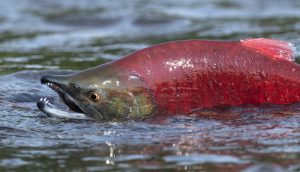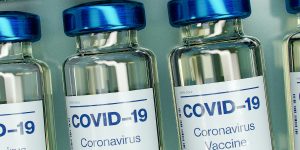How Much Does a Commercial Fisher Make in 2022?
 How much does a commercial fisher make? Thanks to popular shows like Alaska Fish Wars, Deadliest Catch, and Wicked Tuna, interest in the fishing industry is at an all-time high. But how much can a commercial fisher really expect to earn? This is the million-dollar question, and the short answer is, it depends. The long answer? It depends.
How much does a commercial fisher make? Thanks to popular shows like Alaska Fish Wars, Deadliest Catch, and Wicked Tuna, interest in the fishing industry is at an all-time high. But how much can a commercial fisher really expect to earn? This is the million-dollar question, and the short answer is, it depends. The long answer? It depends.
It depends on how long a worker is at sea. It depends on the location. It depends on the species being fished. It depends on how experienced the worker is, and it depends on the type of contract the fisher signs. In addition, the fishing industry is dependent on many factors that are beyond the worker’s control. The rewards can be tremendous. However, the hardships can be significant. Salaries vary widely between regions and are closely tied to seasonal conditions and experience. A good season can bring great rewards, while a poor season may have workers questioning their decision to work at sea. It is also one of the most dangerous jobs in the world.
According to ZipRecruiter (a job posting service and employment search engine), the average annual pay for a Commercial Fishers in the United States is $53,875. Annual salaries are reported as high as $79,000 and as low as $18,500, but most Commercial Fishing salaries are currently $40,500 (25th percentile) to $67,000 (75th percentile) per year across the United States.
 Maritime Injury Law Blog
Maritime Injury Law Blog










